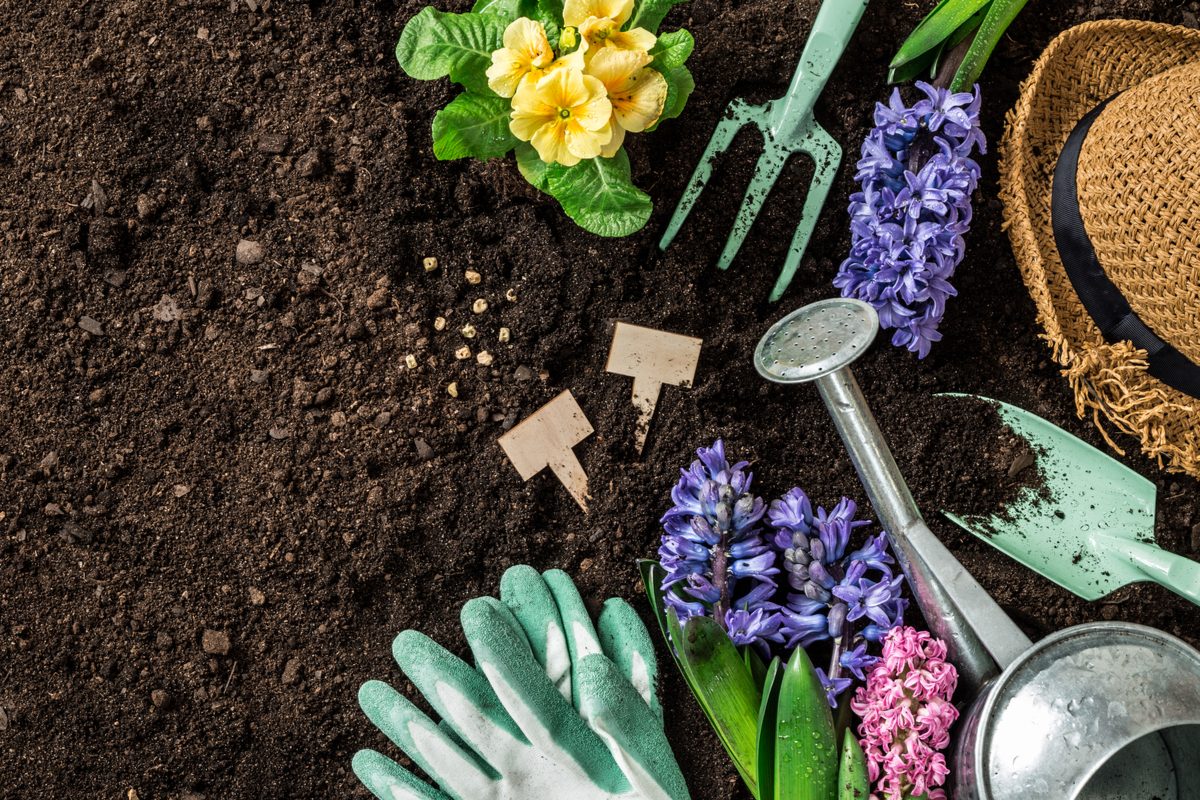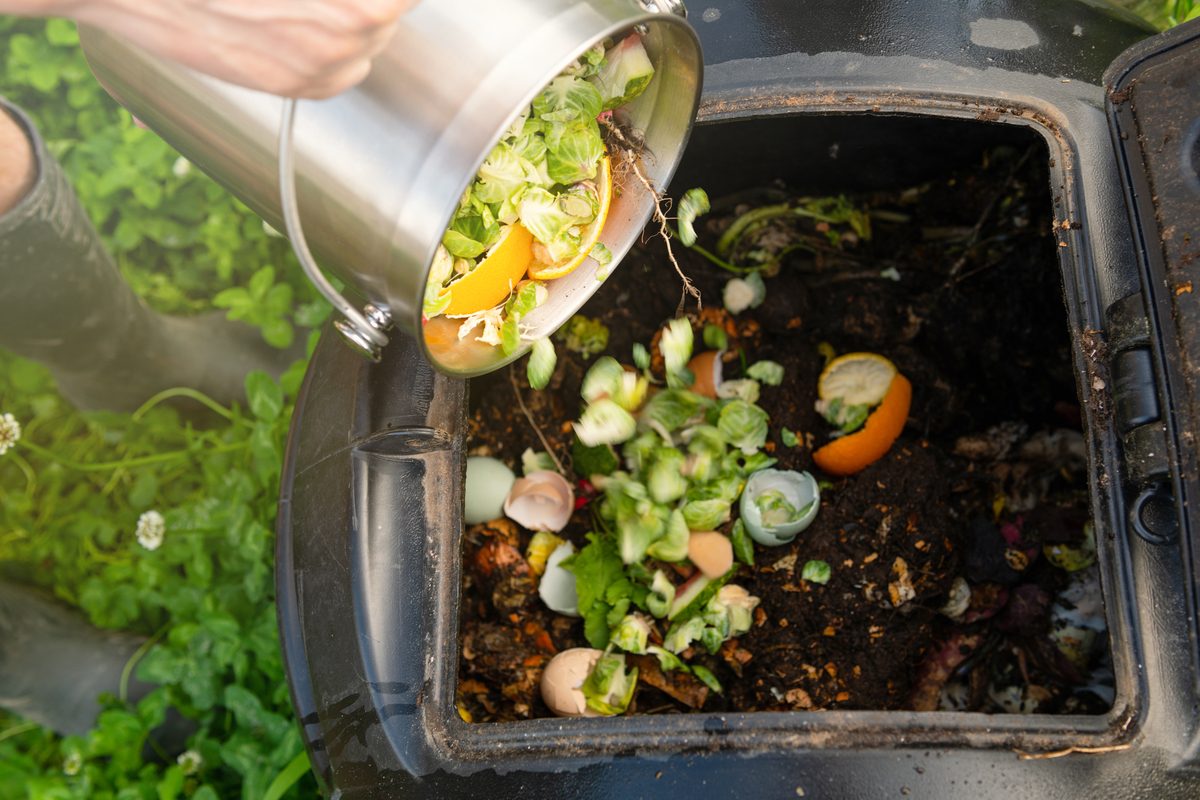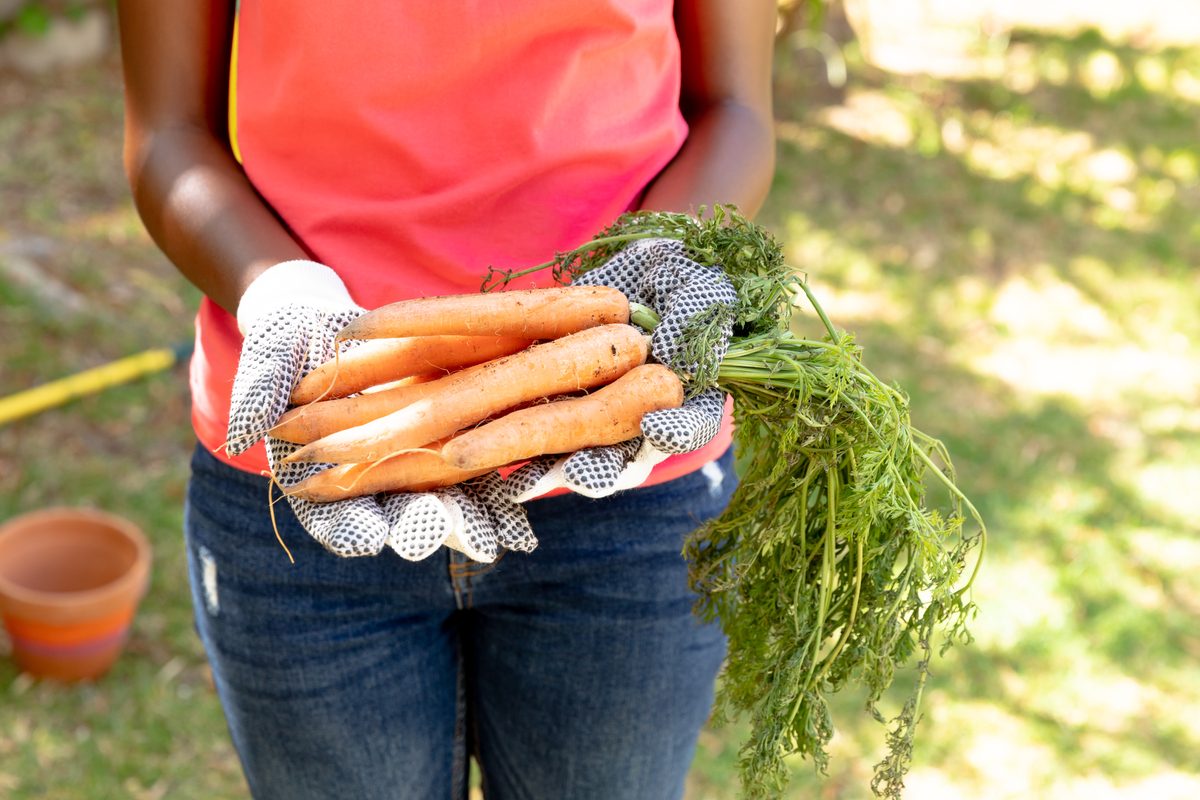Plant enthusiasts of all kinds, both organic purists and non-organic gardeners alike, are passionate about great compost. They call it “black gold,” because they say it makes flowers bloom better, vegetables produce more, and grass grow greener. If you’ve tried composting and had unfavorable results, such as foul odors, or if you just think the whole process seems a bit too messy and likely to attract pests, you may wonder if it’s really worthwhile. With the rise in municipal and private enterprise composting services that process your waste for you, there are incentives to leave it to the experts. They haul it away, turn it into good soil, and you may or may not ever see it again. But for gardeners, there are even greater benefits to be had from doing it yourself.

What are the benefits of composting?
The benefits of composting are plentiful and makes it worth the effort. For one, composting diverts food waste and other plant debris out of landfills and reduces methane emissions, which are some of the most harmful greenhouse gasses. Making compost at home is a great way to recycle nutrients within your landscape and lower the need for a significant portion of lawn and garden fertilizers. When you compost instead of throwing away vegetable scraps, fallen leaves, weeds, and grass clippings, you harvest the carbon, nitrogen, phosphorus, potassium, and micronutrients that make up the physical mass of these items. Nutrients in homemade compost can replace up to one-third of the fertilizer that you previously applied to your garden.
Gardening with compost improves soil structure, boosts soil biodiversity, and builds a more resilient garden. Unlike conventional fertilizers, compost increases soil organic matter. It improves the soil’s ability to balance water retention and drainage. The bacteria and fungi that perform the action of composting can suppress plant diseases and other garden pests.
Does compost affect plant growth?
Compost improves soil structure and provides consistent nutrient availability for stronger root development and better overall plant growth. Plants that grow in soils with compost have fewer problems with disease and insect infestations. These soils require less frequent watering and are more likely to stay within the ideal pH range for optimum plant growth.
Compost helps plants use fertilizer more efficiently and provides consistent nutrient availability over time. In order for organic fertilizer to work, microbes such as those in compost must first consume and break it down into plant-available nutrients. In the case of conventional synthetic fertilizers, compost acts as a soil buffer to improve its effectiveness and reduce the likelihood of pollution. Synthetic fertilizers are designed to be used right away. Whatever is not absorbed runs off, and can pollute adjacent water sources. Gardens where compost is used in combination with synthetic fertilizers have little or no runoff because the microbes consume excess nutrients, and then release them for plants to use later.

Does compost stink?
Compost does not stink if conditions are favorable. The carbon to nitrogen (C:N) ratio is a critical factor in keeping the smell away as is proper aeration. The primary composting microbes are oxygen-loving (aerobic) bacteria. They use carbon as a source of energy and nitrogen allows them to synthesize proteins. A healthy C:N ratio for them is about 30:1. Like other living things, they also need an adequate supply of water. So, if your compost is moist, well aerated, and has a C:N ratio between 25:1 and 40:1, you won’t have a problem.
Bad smells are indications that the process is not happening the way it should. If the compost gives off an odor of ammonia, that means there is an excessive amount of nitrogen in the mix. Eliminate the odor by mixing in high carbon materials like wood chips, shredded paper, or shredded cardboard. A rotten or sulphur smell means that the mix has become compacted or is too wet and anaerobic bacteria are flourishing. Aerate the pile to get rid of the stink, and if it’s slimy or soggy, add some dry high carbon material.

Compost is a game changer
Finished compost is dark brown with a crumbly texture. The smell should be pleasantly earthy. It contains beneficial microbes that help plants use nutrients efficiently and suppress diseases and pests in the soil. The bulk organic matter in compost is an excellent soil amendment for any garden setting, improving drainage while increasing water holding capacity. Mix it with your native garden soil or with potting soil when planting new plants. Use it as mulch around vegetables and flowers. Spread a thin layer on your lawn. Compost is absolutely worth the effort.


